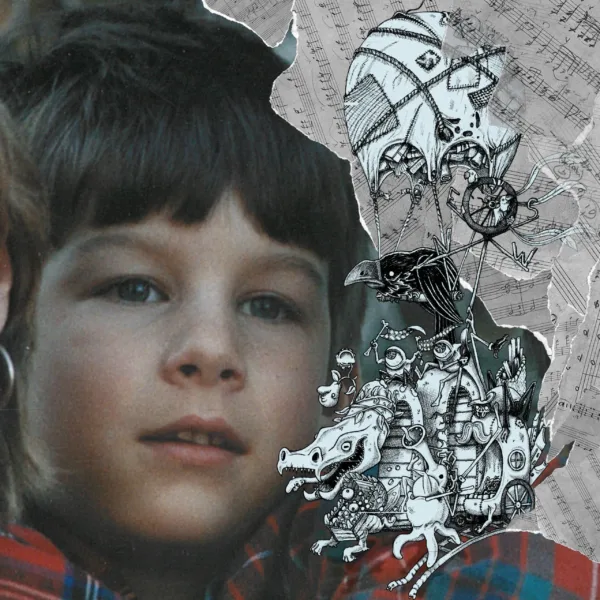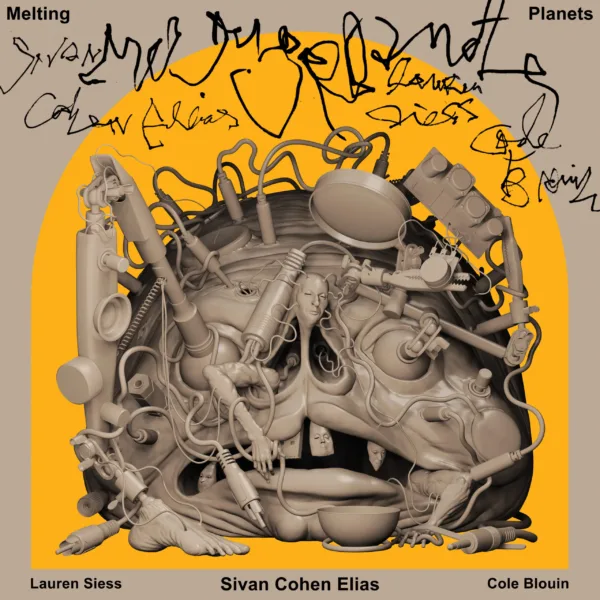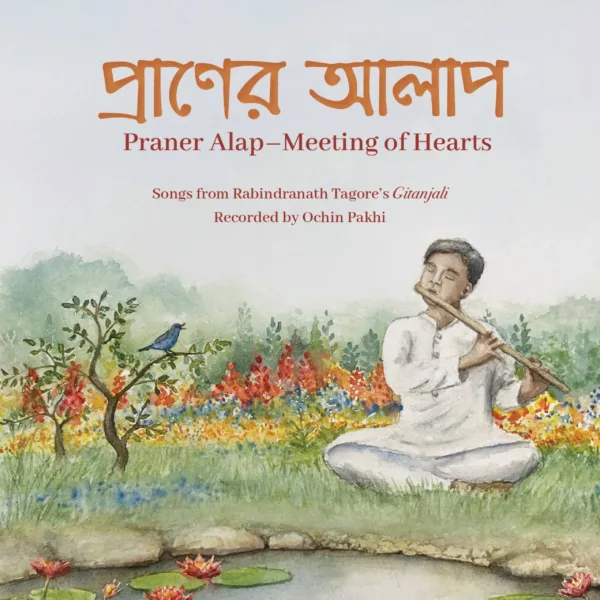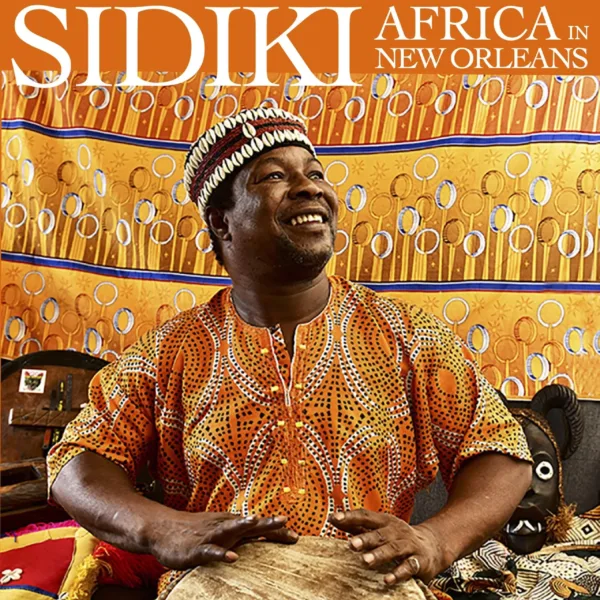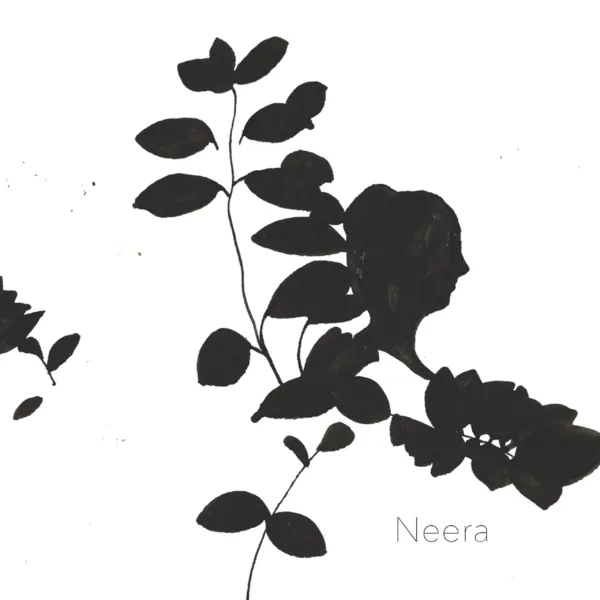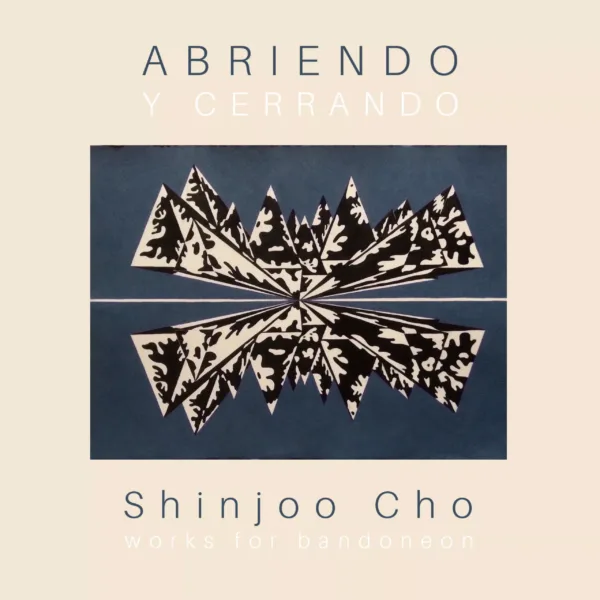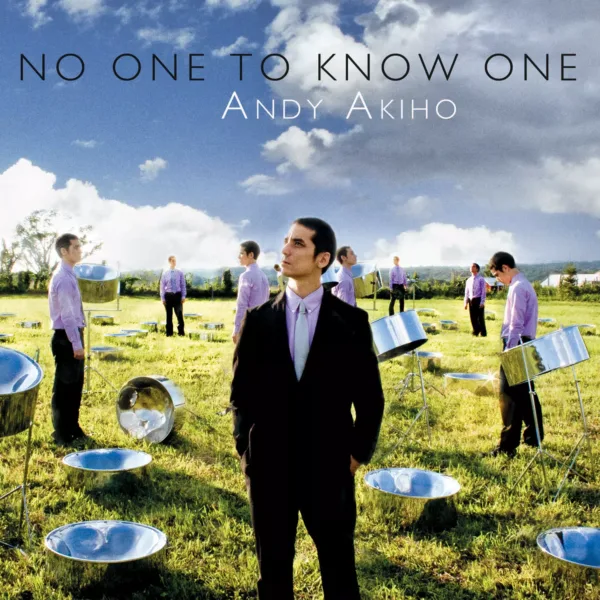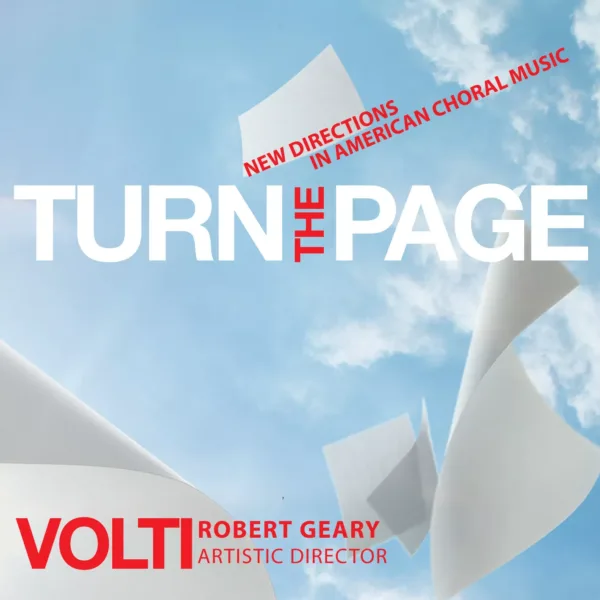Constellations
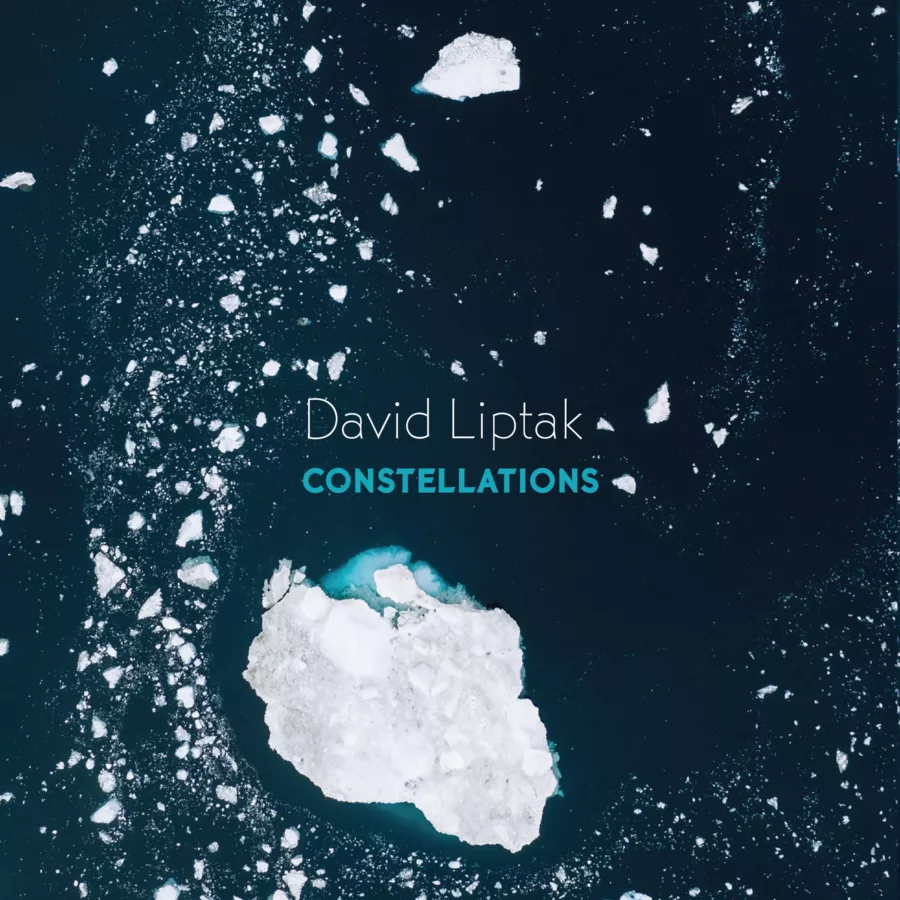
David Liptak’s piano music has always displayed this composer’s personality as one intimately tied to the physicality of the instrument. Previously, he combined his work as a composer with that as a pianist, most often presenting new composition. The sound and feel of the piano as a contrapuntal instrument underlies his work as a composer. The two compositions of this recording are performed by pianist Eunmi Ko, whose grace and imagination as a performer is a perfect match to the music.
Liptak’s Concerto for Piano and Percussion Orchestra is the newer work of the recording, written for Eunmi Ko and percussionist Robert McCormick in 2018. Its three movements have the basic structure of a conventional concerto, although the fluidity of musical idea confuses the issue. The first movement, “Dark and mysterious,” begins in the lowest register of the piano and uses a large tam-tam and bass drum sounding very softly to set the tone of darkness and unpredictability. The music rarely settles, musical gestures give way as others take their place, and the sense of restlessness and change seems constant. The second movement – most often slower and distinctly lyrical in traditional concertos – starts as expected but soon veers off into a music which is dramatic and robust – as might be expected from the first movement – and later features an extended cadenza for the piano, which is more likely to appear in a third movement. The final movement is “Rapid and light,” and on the surface it seems that we’ve arrived a place where darkness clears and the music finds solid ground. Before the piece ends however, we are reminded that dark times offer no easy escape, and the music closes by evaporating into the air.
Constellations, composed between April and October 2010 for pianist Zuzanna Szewczyk Kwon, is a set of nine meticulously crafted character pieces for solo piano. These are like Robert Schumann’s Kreisleriana in that they are a limited collection of extended pieces, rather than shorter pieces, such as preludes, for example. Named after lesser known constellations, the pieces sparkle with bright energy and constant invention. And yet, the stars are only one influence on the music, and the work yields a constellation of other meanings, including Greek mythology, Schumann’s music, and associations with the pianist to whom they are dedicated.
The 9 pieces of Constellations are arranged in three groups, and each group includes a representation of a Greek mythological figure or his symbol (Cassiopeia, Argo Navis – for Jason, and Lyra – for Orpheus), a hunter (Orion, Vulpecula, and Canis Major and Canis Minor – the companion dogs of Orion), and a bird (Cygnus, Columba, and Aquila). Each set ends with a bird piece, and each of the bird pieces contains a reference to a work by Schumann: Cygnus quotes a short passage from the first piece in Kreisleriana, Columba includes a “footnote” quotation of “Vogel als Prophet” from Waldszenen, and there is a disguised quotation of “Des Abends” from the Fantasy pieces, op. 12, in Aquila.
In his excellent liner notes for this album, composer Adam Roberts writes about Liptak’s referencing Greek mythology in this way.
This network of meanings can be found in the music in a variety of ways. In … “Canis Major and Canis Minor,” which is unique in its referencing two constellations, the starry formations have a direct impact on the musical materials. Taking a cue from the constellations’ names, Liptak uses major and minor triads in playful and unconventional combinations to create nervous, spiky textures as well as contrasting legato, arpeggio lines, … and perhaps also serving as a depiction of both dogs barking in unison before tumbling over each other in active play. … In “Columba” (The Dove) Liptak references the rocky formations at the opening to the black sea, which would crash together every time a ship tried to sail through them. Jason, who meant to do just that, sent a dove through the rocks first, causing them to close, and when they reopened, Jason sailed safely through (and the dove survived, losing only a few feathers). According to Liptak’s composition notes, these clashing rocks are depicted in “Columba,” though this representation is poetically quiet, as if we are watching (listening to) the rocks crashing from a great distance.
David Liptak’s music has been described as “luminous and arresting,” “richly atmospheric,” and having “transparent textures, incisive rhythms, shimmering lightness,” and his compositions have been performed throughout the United States and abroad. In 1995, David Liptak was awarded the Elise L. Stoeger Prize, given by the Chamber Music Society of Lincoln Center in recognition of distinguished achievement in chamber music composition. He has received awards from the American Academy of Arts and Letters and the Barlow Endowment for Music Composition, both in 2002, and he is the 2006 recipient of the Lillian Fairchild Award from the University of Rochester. Commissions for new music have included those supported by the Fromm Foundation, the Koussevitzky Music Foundation, Meet the Composer, and the Mary Flagler Cary Charitable Trust. Recordings of David Liptak’s music can be found on New Focus, Bridge, Innova, Albany, Centaur, and other labels, and his music is available from several publishers, including American Composers Edition and Keiser Classical. Much of his music written very recently has explored the poetry and magical quality of stars and starlight, imagined and real. David Liptak is a faculty member of the Eastman School of Music, where he has been a dedicated teacher of composition students taught since 1986.
A collaborator of contemporary composers, pianist Eunmi Ko frequently premieres new solo piano repertoire as well as ensemble works. Praised for original interpretation and kaleidoscopic colors, she has performed as a soloist in Weill Hall at Carnegie Hall in New York, Herbst Theatre in San Francisco, the John F. Kennedy Center for the Performing Arts, Festival de Musica Contemporanea, the San Francisco International Piano Festival, the Chautauqua Music Festival, and many other venues. Since 2015, she has been the resident artist for McCormick Percussion Group and collaborated with Director Robert McCormick for the Concerti for Piano and Percussion Project. She teaches as a member of the piano faculty at the University of South Florida and serves as co-advisor of the New-Music Consortium at USF. Ko is co-founder and co-director of Strings & Hammers, a trio with the unusual instrumentation of violin, piano, and double bass that commissions new repertoire and regularly premieres compositions written for the ensemble, and she is the co-director of the annual new music festival Dot The Line that takes place in Korea. Eunmi Ko studied and holds degrees in piano from Seoul National University and the Eastman School of Music.
Robert McCormick is currently Professor of Music and director of the percussion program at the University of South Florida in Tampa, and he was principal percussionist/assistant timpanist with the Florida Orchestra. A former member of the Harry Partch Ensemble, he often performs with high profile artists of all genres. In 2010, he conducted the premiere performance of Chan Hae Lee’s Korean folk opera Simcheongga at the National Center of Performing Arts in Seoul and, in March 2014, performed the world premiere of Baljinder Sekhon’s Double Percussion Concerto at Carnegie Hall with percussionist Lee Hinkle. His myriad recordings with the McCormick Percussion Group, McCormick Duo,and otherscontinually receive the highest critical acclaim. Robert was the 2006 recipient of the Florida Music Educator of the Year Award, the 2007 Grand Prize in the Keystone Percussion Composition Award, the 2010University Distinguished Teacher Award and the 2015 Percussive Arts Society Lifetime Achievement in Education Award.
